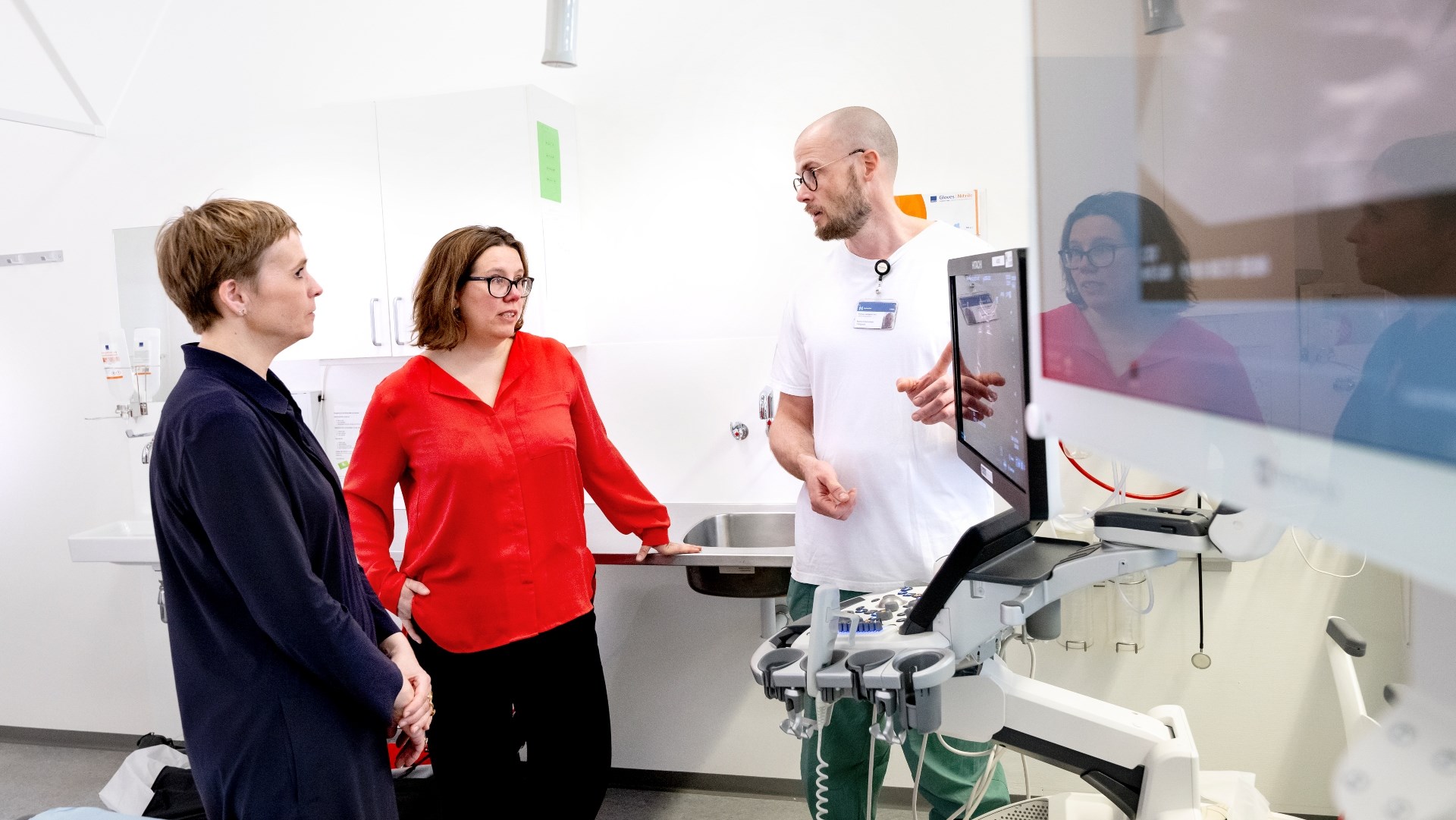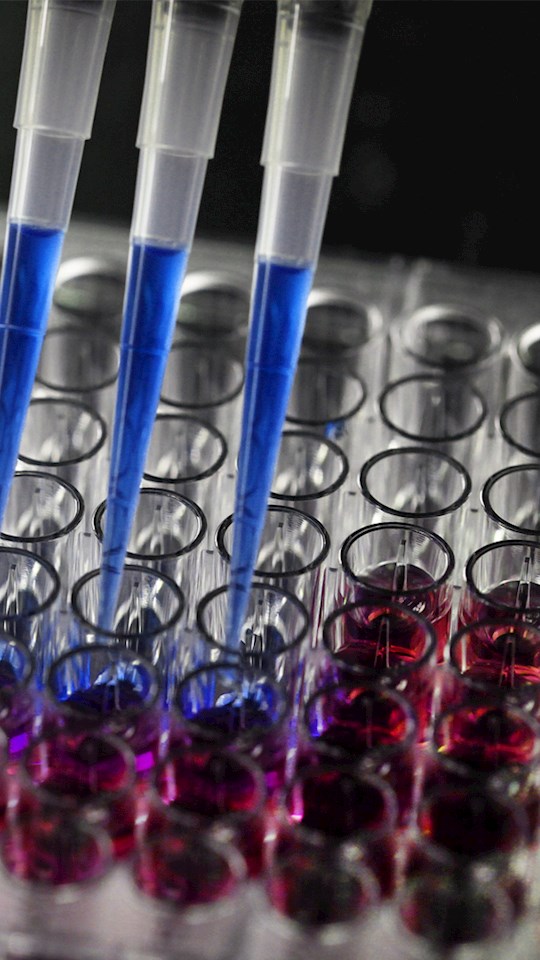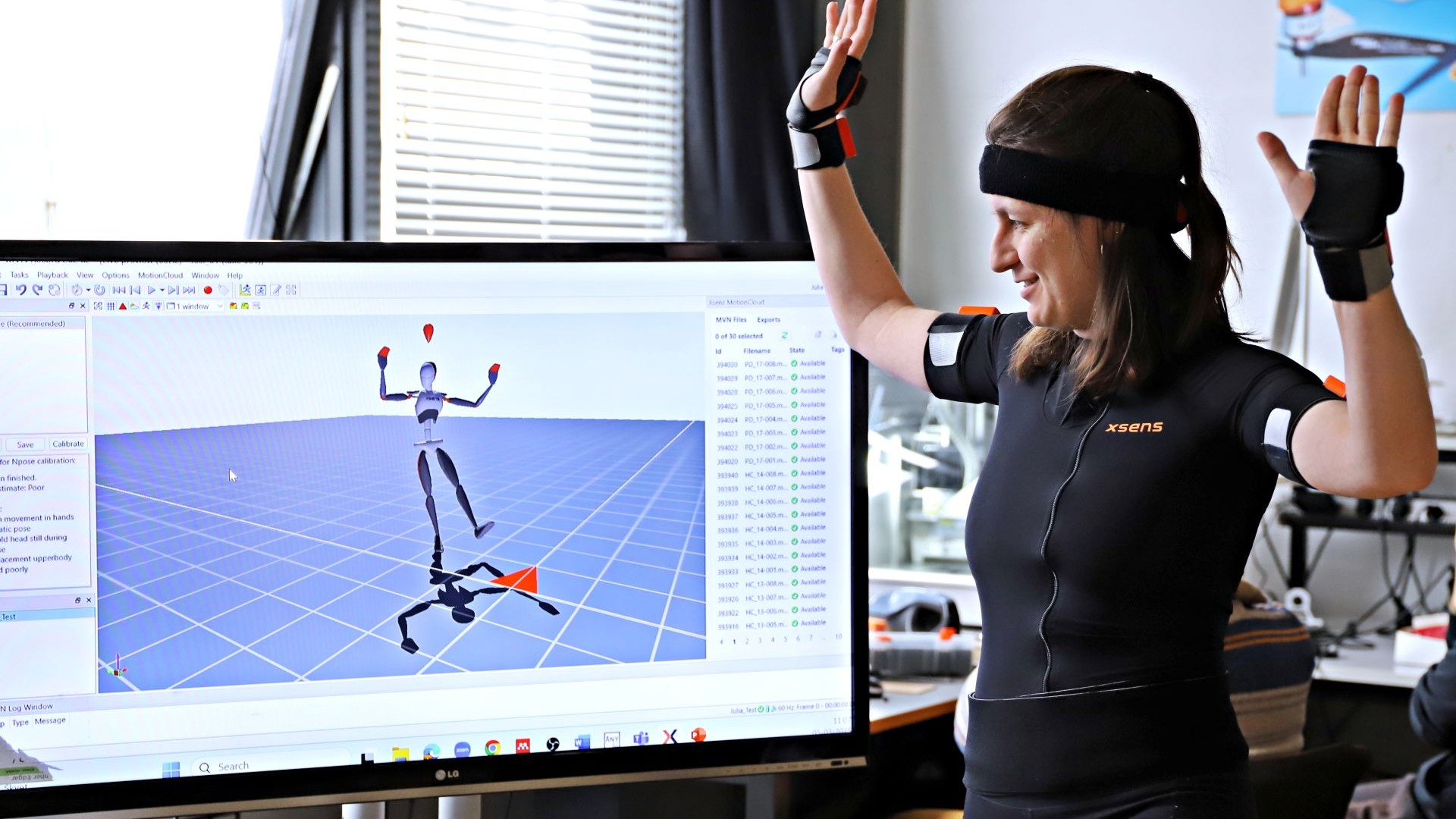TUH is a partnership between the Capital Region of Denmark and DTU. Our mission is to become a stronghold in health technology, where research and innovation in health sciences and natural and technical sciences converge, enabling us to develop technological health solutions for the benefit of all. Read more

Oops, this feature requires cookies
To view the content, you must change your cookie consent to allow functionality cookies

Artificial intelligence detects significantly more high-risk pregnancies
AI models for analysing ultrasound images can detect up to 35 % more high-risk pregnancies, thereby helping to prevent preterm birth or birth complications.
The use of artificial intelligence to analyse ultrasound scans can detect up to 35 % more high-risk pregnancies than scans performed by healthcare professionals without AI decision support. This is shown by results from a newly established spinout company, Prenaital, from DTU and the University of Copenhagen, founded by engineers, computer scientists, and doctors following several years of collaboration, most recently within the framework of the Technical University Hospital of Greater Copenhagen (TUH). Read more

Events
Visit from IDA and Ældresagen
TUH had the pleasure of welcoming IDA's Chairperson Laura Klitgaard and Ældresagen's CEO Bjarne Hastrup as well as Michael Teit Nielsen, Christine Lønager Boesen from Ældresagen and Anne Brandt from IDA for an exciting visit, where we discussed dementia and the technological advances that may help cure this widespread disease in the future. On this occasion, we were also able to showcase some of DTU Health Tech’s research facilities.
Mathilde Hauge Lerche, Jens Hjortkjær and Ingvi Örnolfsson generously shared their knowledge and commitment in the fields of metabolic changes in the brain and hearing – two areas closely linked to dementia.

Algorithms support early diagnosis of Parkinson’s
A research team at DTU collaborates with clinicians from Rigshospitalet to develop a digital tool that can identify and analyse symptoms of Parkinson's disease based on actual patient data.
The technology can identify signs of Parkinson's earlier than standard methods currently used in the clinic. The research group has develop a new protocol for data collection of the patient's movements through non-invasive monitoring, which together with machine learning algorithms and muscoskeletal twins of the research subjects will be used for identifying early motor symptoms of Parkinson's. Read more













